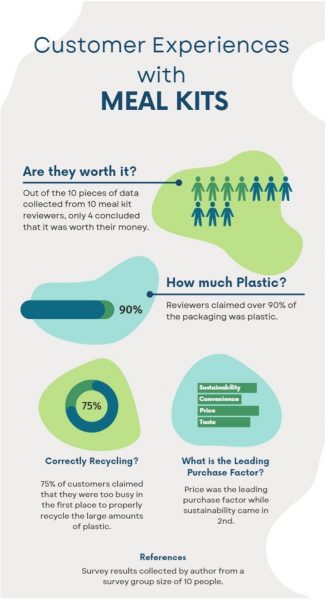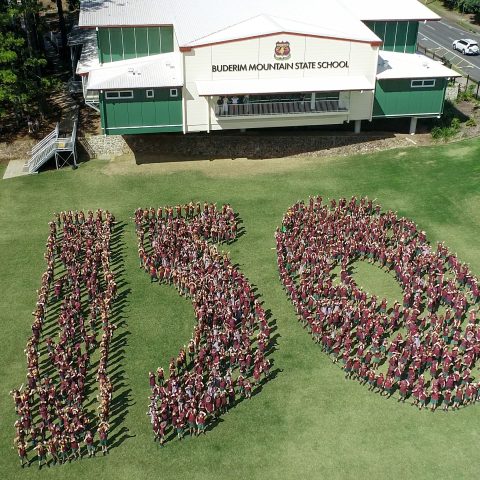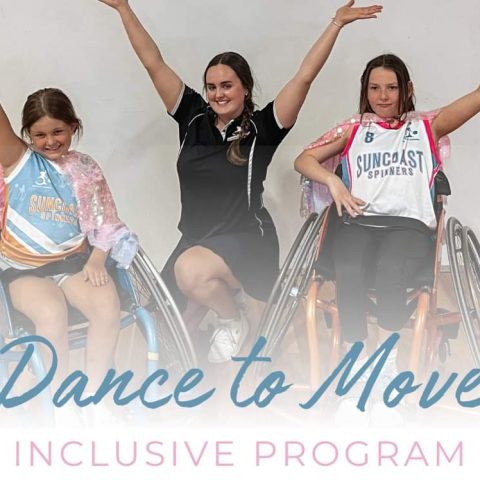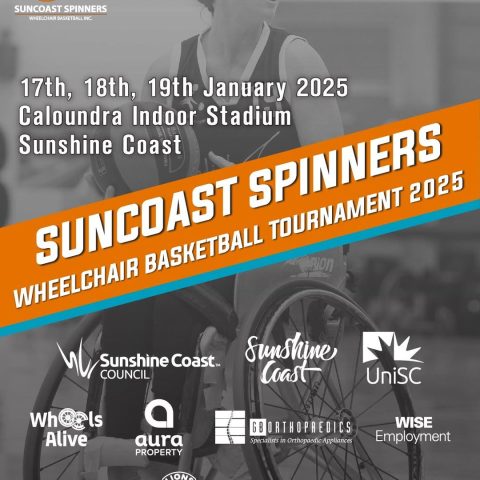Our PR Director, Michelle Smytheman, is passionate about helping emerging professionals in the communications industry and teaches at the University of the Sunshine Coast. As part of an assessment task this year, there have been some excellent blogs written by first-year students about emerging business trends. We are proud to share their work.
By Chloe Knight
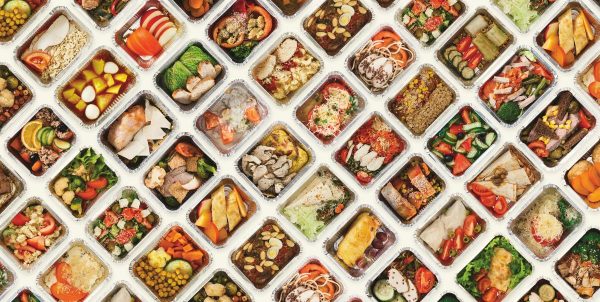 Ahh, meal kits. A parent’s saving grace, a uni student’s shining star, and a child’s chance to stop eating that sloppy, day-old, steamed vegetables (shh, mums, dads, I won’t tell anyone!). Meal kits. In other words, delicious food is delivered directly to your door. No need to go to the supermarket, no crowds to bustle through, nothing but peaceful bliss and delish! But what if I told you right now, that by purchasing these convenient and tasty ready-to-go meals, you’re encouraging the everlasting destruction of our planet? Yeah, I know, it sounds like a big price to pay when you just wanted to eat some good food, but this is reality. Welcome to the concept of environmental sustainability, or rather, the lack of it. Why is this important? Well, our natural environment is quite literally our lifeline. Without it, the human race is simply extinct. We as a society, rely on businesses to act responsibly through social, ethical, and environmental practices. But when they don’t, do we actually realise? Is this why meal kits are still an emerging trend even though they contribute so much to plastic waste? It’s hard to tell whether this is the case or whether society simply doesn’t care. At the end of the day, it’s a business’s responsibility to act sustainably.
Ahh, meal kits. A parent’s saving grace, a uni student’s shining star, and a child’s chance to stop eating that sloppy, day-old, steamed vegetables (shh, mums, dads, I won’t tell anyone!). Meal kits. In other words, delicious food is delivered directly to your door. No need to go to the supermarket, no crowds to bustle through, nothing but peaceful bliss and delish! But what if I told you right now, that by purchasing these convenient and tasty ready-to-go meals, you’re encouraging the everlasting destruction of our planet? Yeah, I know, it sounds like a big price to pay when you just wanted to eat some good food, but this is reality. Welcome to the concept of environmental sustainability, or rather, the lack of it. Why is this important? Well, our natural environment is quite literally our lifeline. Without it, the human race is simply extinct. We as a society, rely on businesses to act responsibly through social, ethical, and environmental practices. But when they don’t, do we actually realise? Is this why meal kits are still an emerging trend even though they contribute so much to plastic waste? It’s hard to tell whether this is the case or whether society simply doesn’t care. At the end of the day, it’s a business’s responsibility to act sustainably.
When a business acts sustainably, they’re supporting the needs and wants of consumers, in other words, you! Environmental sustainability, like it or not, is becoming increasingly more of a priority for consumers. It not only delivers responsible products to the market now, but it also enhances the ability of future generations to meet their needs. By showing that businesses have concern for the customers of tomorrow, they’re positively having an impact on the customers of today.
In the most recent Waste Account, Experimental Estimates Report, Australia generated 76 million tonnes of waste in the 2018-19 financial year. Just to picture this, imagine 1’688’888 million aeroplanes or 208 Empire State Buildings! That’s how much waste was produced in just one year and in just one country! To add a little cherry on top, households were the largest contributor to plastic waste, supplying 47% of all plastic waste (don’t worry, I’m feeling guilty now too!). Plastic waste also ranked with the lowest waste recovery rate is around 15% due to the remaining 85% being sent to landfills.
First, let’s get an understanding of how much plastic is actually included in one meal kit delivery. Now, I wanted to truly understand this waste problem, so, I subscribed to Dinnerly. Being a university student with a job and a little side hustle doesn’t give you much time to breathe, nor much money to spend, so I was excited to try this out! I heard a knock at my door Sunday evening and opened it to see my Dinnerly delivery box, which claims they are ‘The Eco-Friendly Meal Delivery Service’. I opened it and found plastic insulation bags, plastic ice pack casings, plastic food packaging, plastic liners, and plastic vacuum seal films.
I nearly fell over! Then I had a thought – if Dinnerly has this much plastic, I just need to know about the other companies. So, I did some research. It turns out that Dinnerly aren’t the only company with this problem! Blue Apron use just as much plastic plus plastic metallic bubble insulation which can’t even be recycled! They claim they are working towards amending this. Blue Apron was founded in 2012. Hmmm, so, I guess we are 10 years down the track and still waiting @blueapron on Instagram!
Marley Spoon and Chef Good also use just as much plastic packaging, as well as Youfoodz and Hello Fresh! Now, I know what you’re thinking, I thought these companies had a responsibility to be sustainable! Well, their little disclaimer that must rid them of all environmental responsibilities is that magic word, recycling! They say you can recycle all the plastics used in their packaging. Yes, this is completely true, although, if we look back at that little Waste Account Report I mentioned earlier, only 15% of all plastic placed in recycling was actually recycled! So that means all this plastic that these companies are using, only a small portion of it is recycled and the rest goes into landfills!
But how does the use of plastics affect our purchasing behaviours? As a growing society, we are starting to purchase products that lead us to a better future, rather than one that will tear it down. Businesses must begin to work towards not just blanketing problems and instead find solutions that will help our environment, and influence consumer behaviours positively towards their products. This growing trend makes those forward-thinking businesses dominate the market ahead of their competitors.
Now when I say meal kits, I hope we are going aahh in a screaming way rather than aahh in a relaxing way! Meal kits are a growing trend that will slowly destroy our environment. Who would have thought meal kits and environmental sustainability could connect so much in such a wrong way! Together, let’s make a difference and be that one little group that can save the world! Nah, I’m just kidding, but maybe we can at least help save it!

